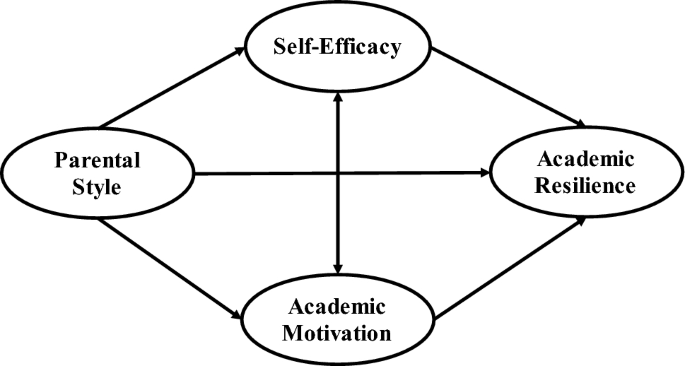- RESOURCES -
Motivation and Resilience
......
horizon.mit.edu

Academic resilience, self-efficacy, and motivation: the role of parenting style | Scientific Reports
Previous research has found that parenting style influences academic resilience. Nonetheless, few studies have focused on the mechanism underlying the relationship between parenting style and academic resilience. This study aims to examine the relati......
www.nature.com

Inspired in Adversity: How Inspiration Mediates the Effects of Emotions on Coping Strategies
The results suggest that being inspired in both positive and negative emotions is positively related to approach coping strategies in adverse situations such as COVID-19, with the effect patterns slightly differing between Chinese participants and th......
pubmed.ncbi.nlm.nih.gov

What is Resilience and Why is It Important to Bounce Back?
Resilience is a wonderful trait with myriad positive outcomes. In this article, we look at what is resilience and how it can be learned.......
positivepsychology.com

What Motivates Resilience, Even on Minor Things | Psychology Today
Resilience is not only a way we think, but it is motivation based on the ways we feel.......
www.psychologytoday.com





